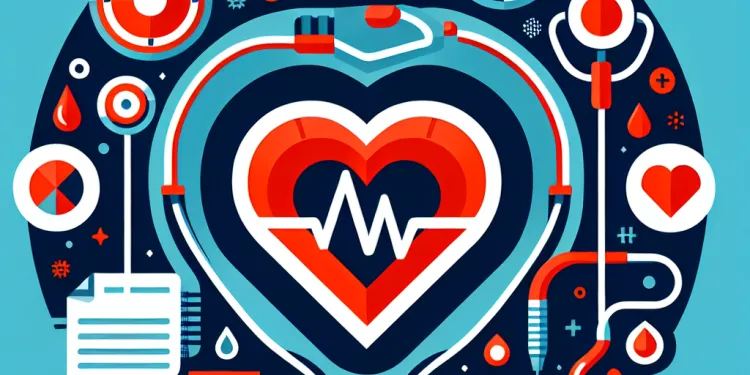
Find Help
More Items From Ergsy search
-
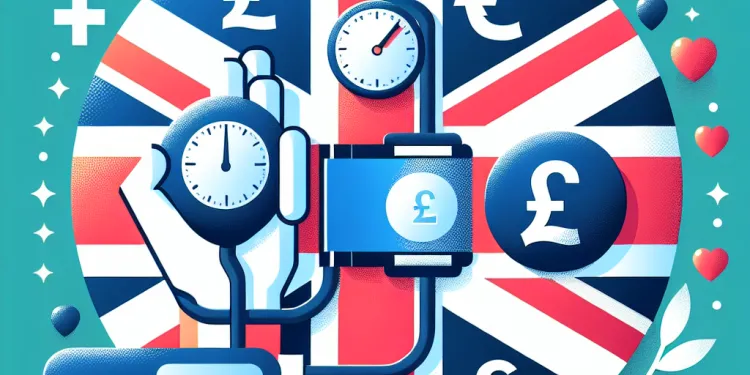
What is high blood pressure?
Relevance: 100%
-
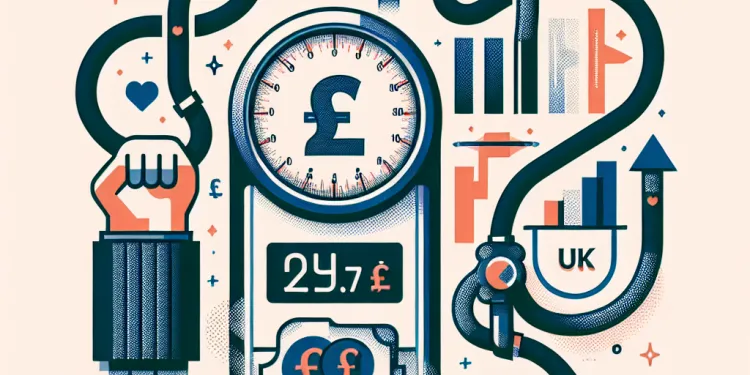
How is high blood pressure diagnosed?
Relevance: 92%
-
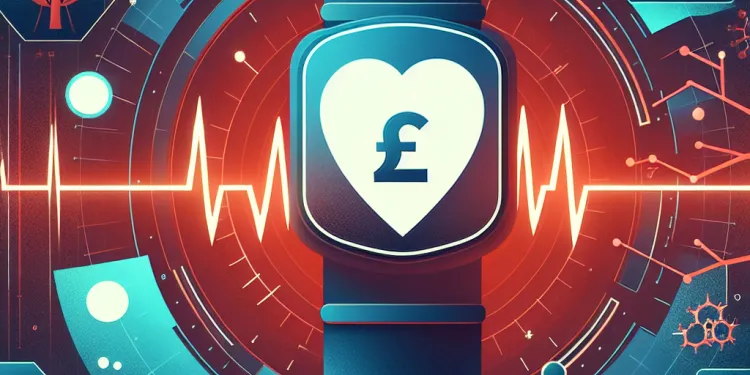
What causes high blood pressure?
Relevance: 91%
-
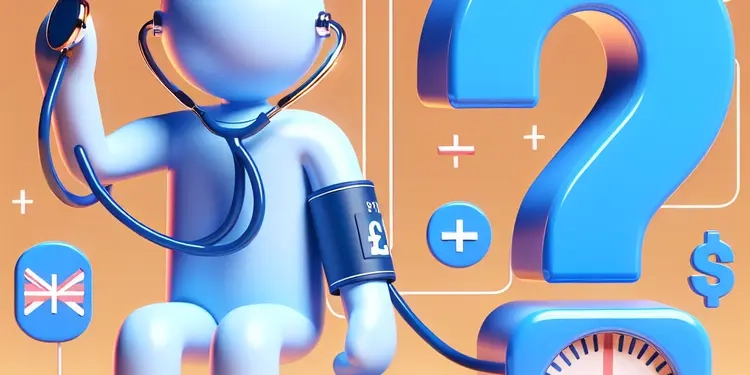
Should I test my child for high blood pressure?
Relevance: 91%
-
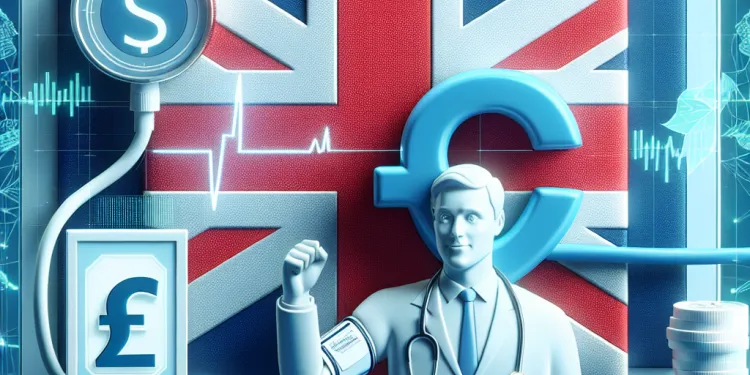
Can high blood pressure be prevented?
Relevance: 90%
-
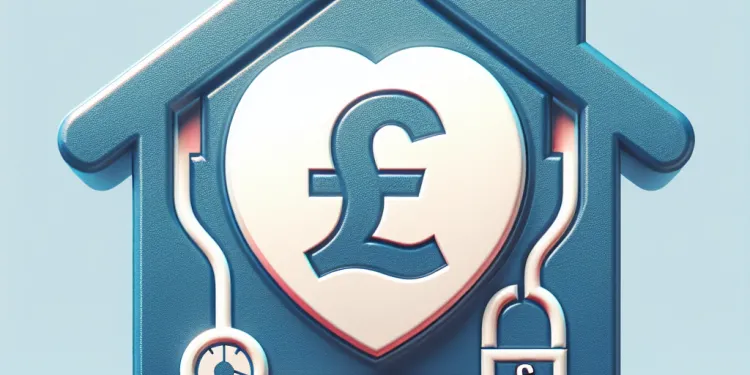
What are the risks of having high blood pressure?
Relevance: 88%
-
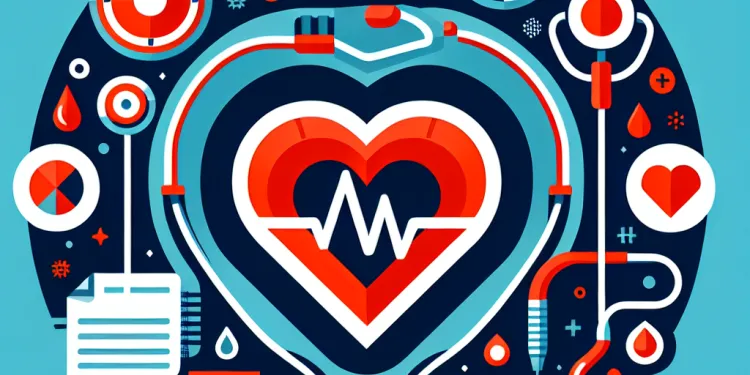
What are the symptoms of high blood pressure?
Relevance: 88%
-
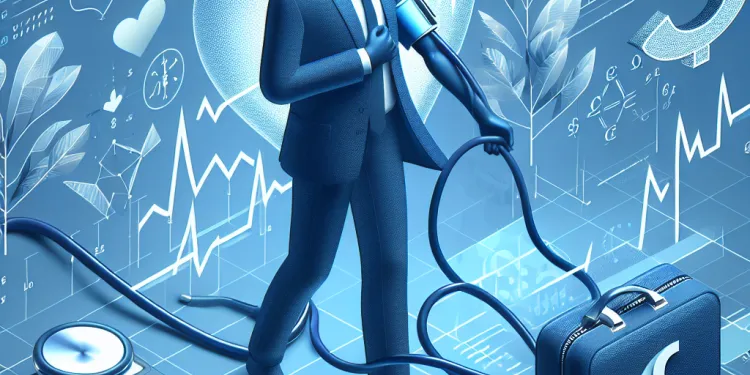
Why is high blood pressure called a 'silent killer'?
Relevance: 88%
-
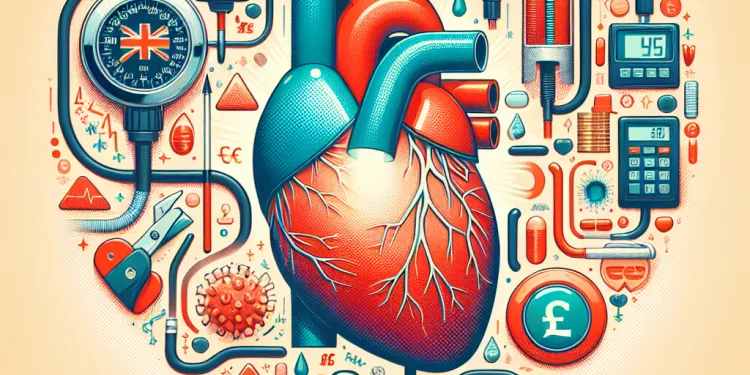
How can high blood pressure be treated?
Relevance: 87%
-
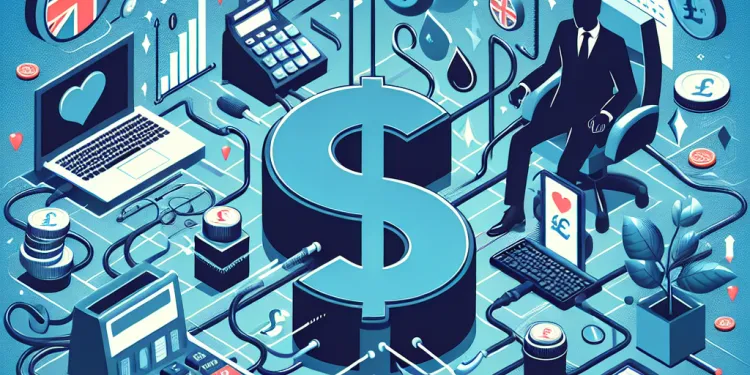
Can stress cause high blood pressure?
Relevance: 87%
-
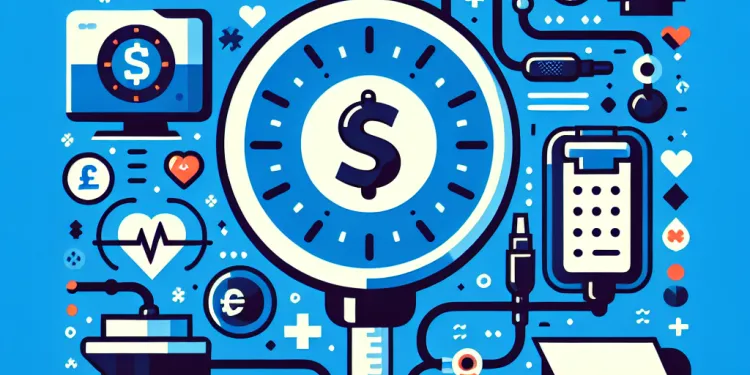
How do medications help control high blood pressure?
Relevance: 82%
-
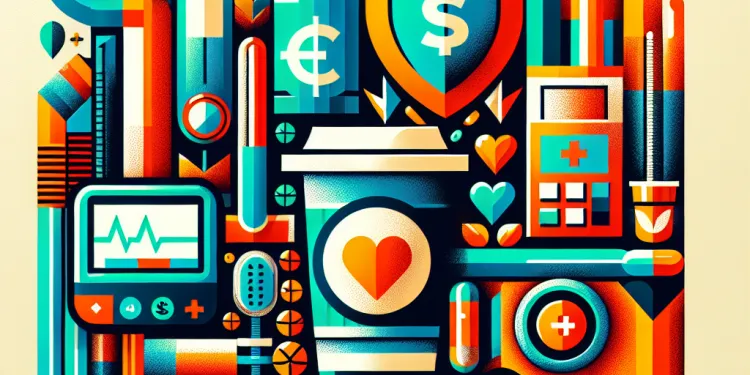
What are the symptoms of caffeine-induced high blood pressure?
Relevance: 82%
-
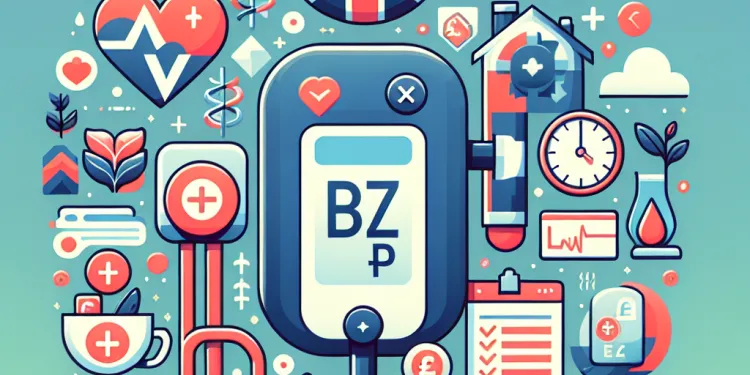
Can high blood pressure lead to other health problems?
Relevance: 81%
-
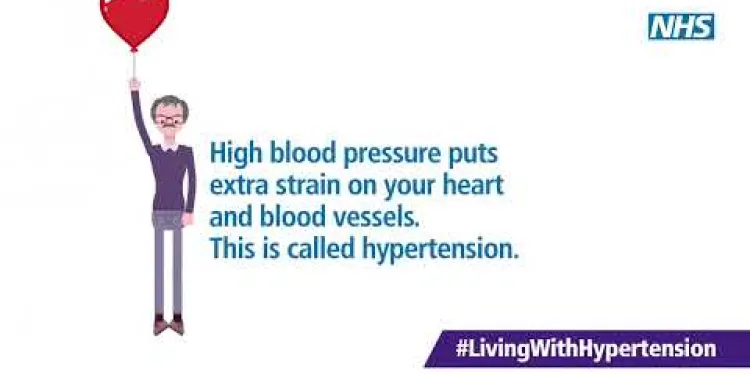
Blood pressure too high? Living with hypertension animation
Relevance: 80%
-
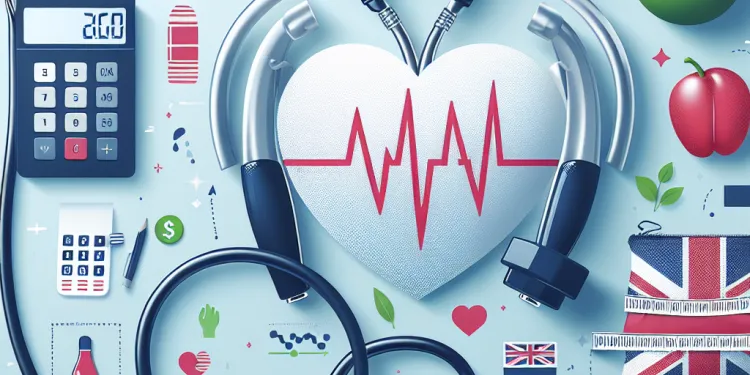
Can weight loss help reduce high blood pressure?
Relevance: 80%
-
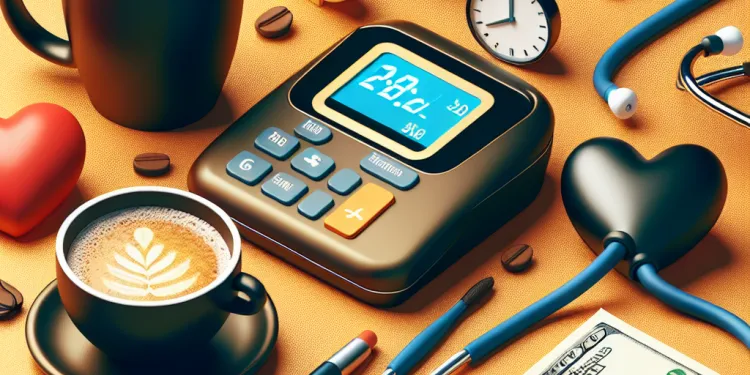
Should people with high blood pressure avoid coffee entirely?
Relevance: 79%
-
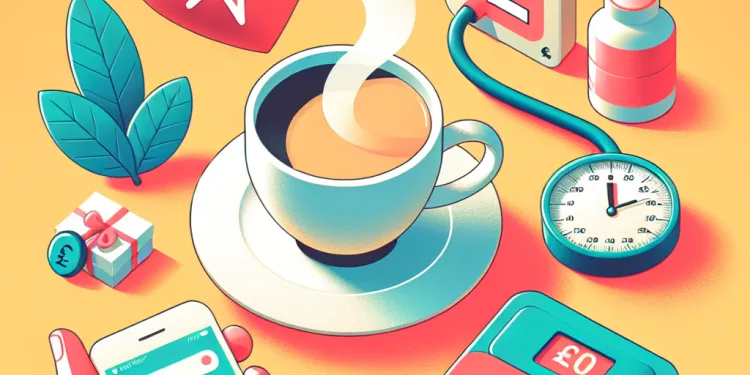
Is Your Morning Coffee a Risk Factor for High Blood Pressure?
Relevance: 79%
-
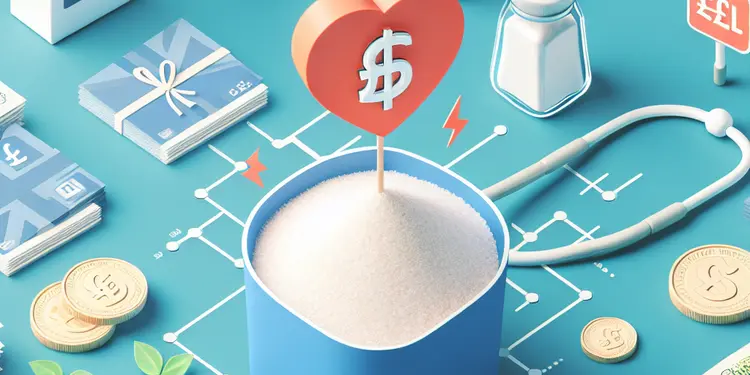
What is the ideal salt intake for someone with high blood pressure?
Relevance: 78%
-
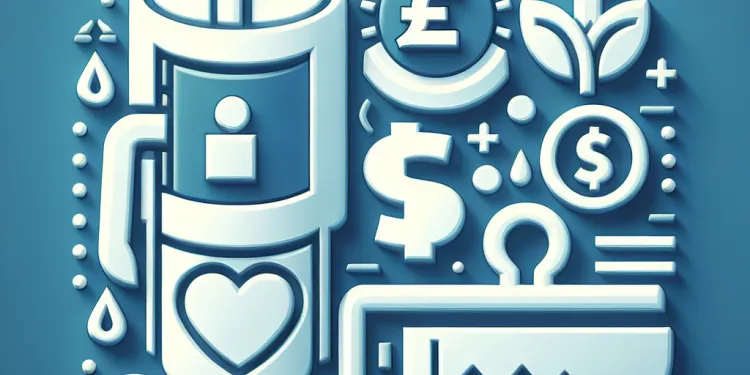
How much caffeine is generally considered safe for people with high blood pressure?
Relevance: 76%
-
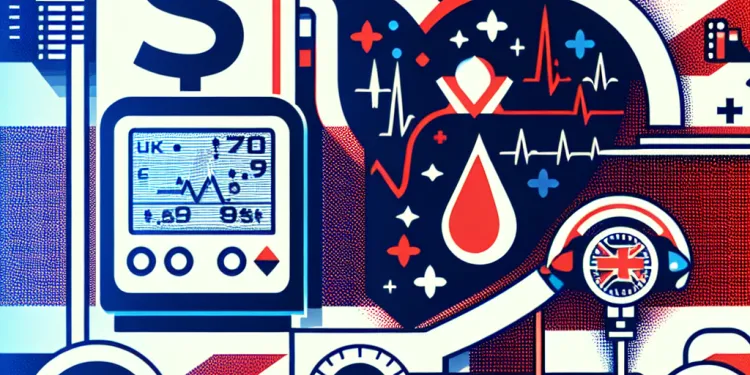
Is high blood pressure hereditary?
Relevance: 74%
-
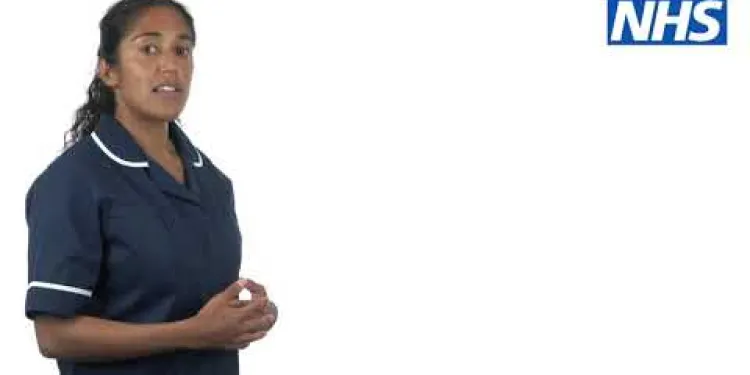
Seven Reaasons For Measuring blood pressure
Relevance: 72%
-

Does drinking coffee every morning increase the risk of developing high blood pressure?
Relevance: 70%
-
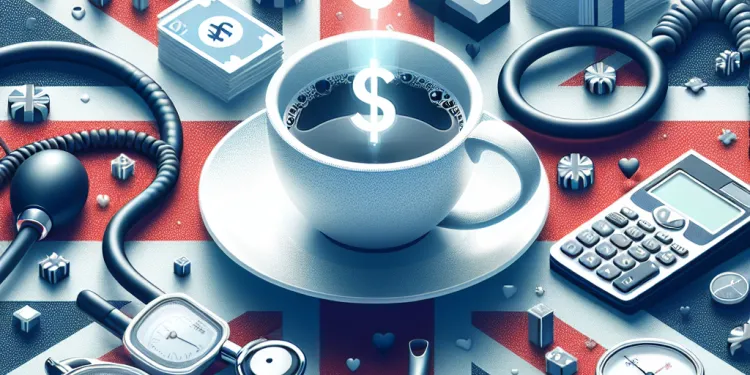
Does caffeine affect blood pressure?
Relevance: 67%
-
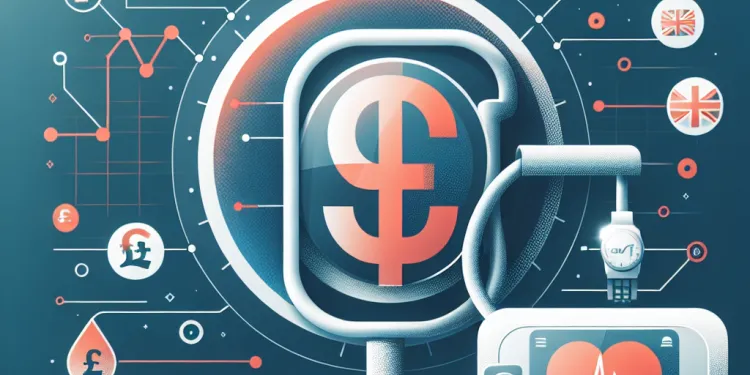
How often should I check my blood pressure?
Relevance: 65%
-
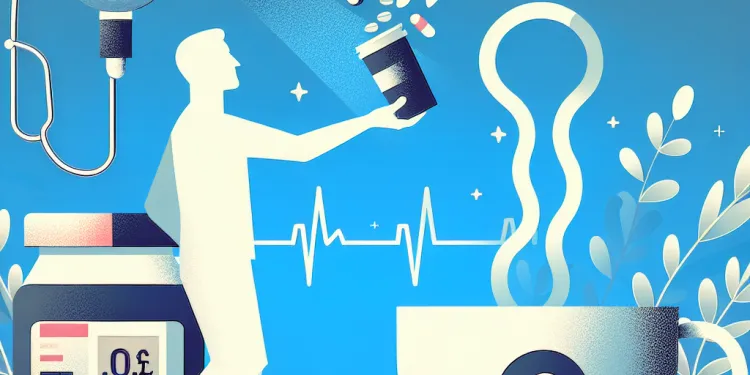
Is it safe to take blood pressure medication with coffee?
Relevance: 65%
-
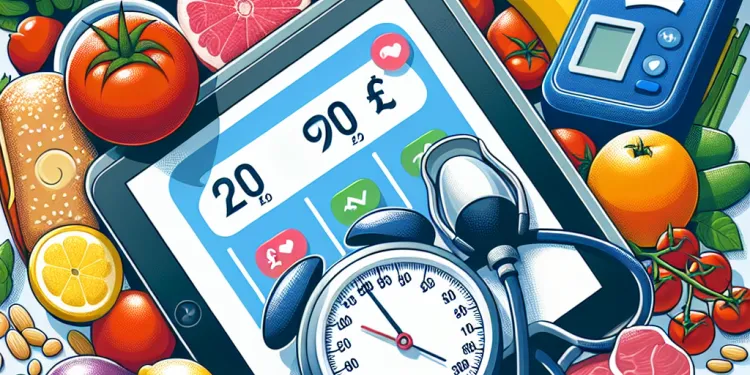
How does diet affect blood pressure?
Relevance: 65%
-
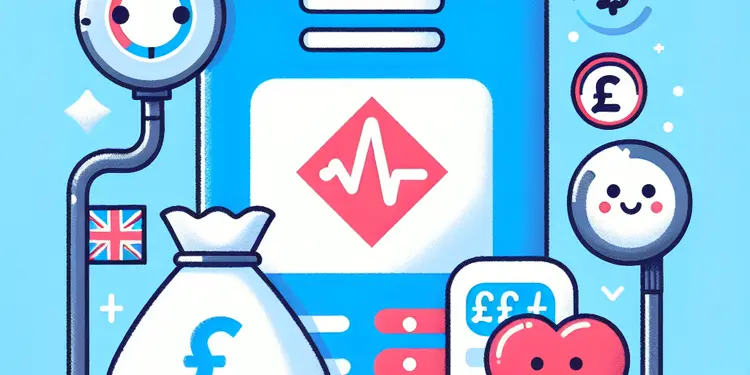
How does salt impact blood pressure?
Relevance: 64%
-
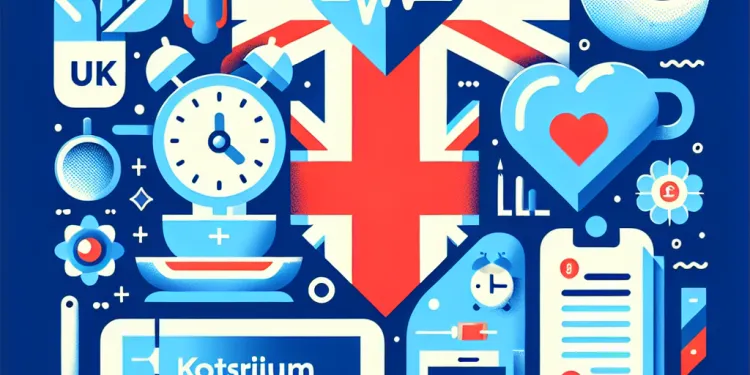
What is the role of potassium in managing blood pressure?
Relevance: 64%
-
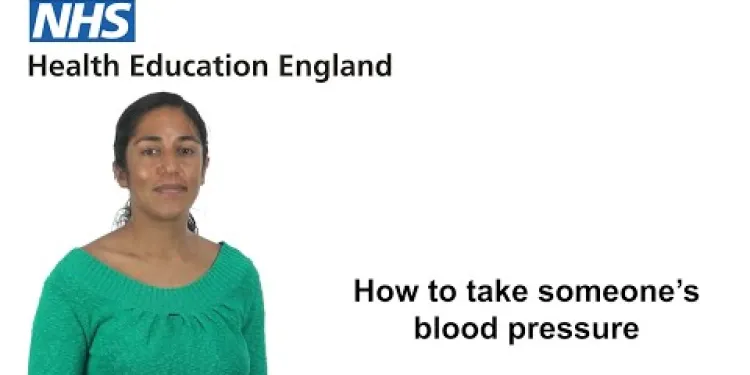
How to take someone's blood pressure
Relevance: 63%
-

How does caffeine affect blood pressure?
Relevance: 62%
-

Can decaffeinated coffee affect blood pressure?
Relevance: 61%
-
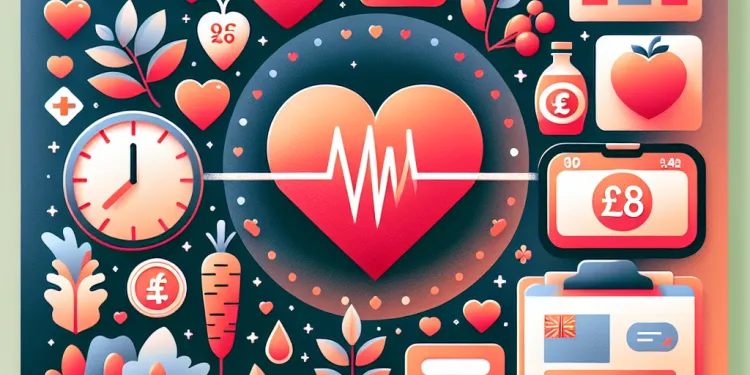
What lifestyle changes can lower blood pressure?
Relevance: 60%
-
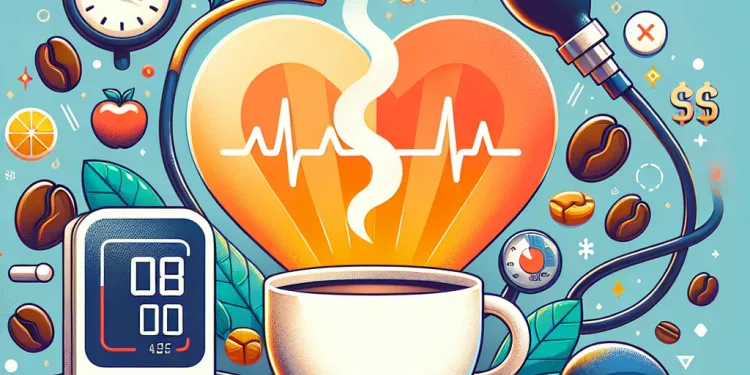
What is the link between coffee consumption and high blood pressure?
Relevance: 59%
-
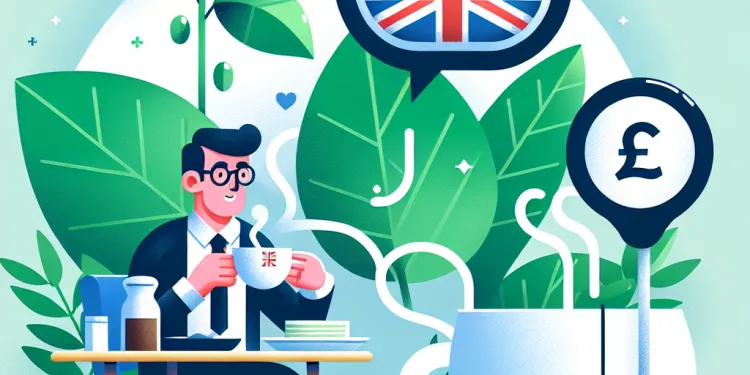
Is green tea a better alternative to coffee for blood pressure management?
Relevance: 59%
-

How can one minimize the impact of coffee on blood pressure?
Relevance: 58%
-
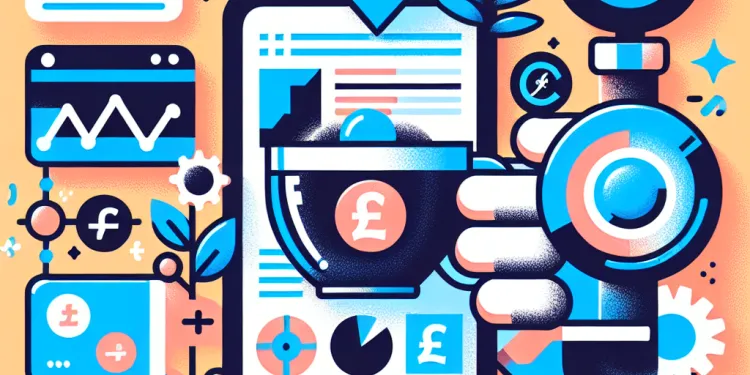
How does regular caffeine consumption impact tolerance and blood pressure?
Relevance: 57%
-

Are there any other factors in coffee that may affect blood pressure?
Relevance: 56%
-
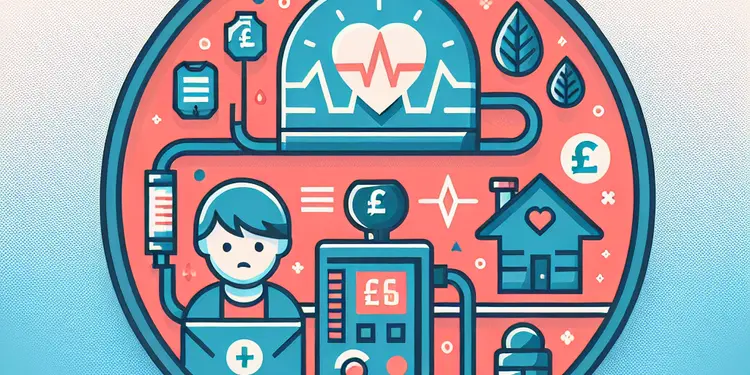
What is high blood pressure in children?
Relevance: 54%
-

How soon after drinking coffee can blood pressure be affected?
Relevance: 54%
-
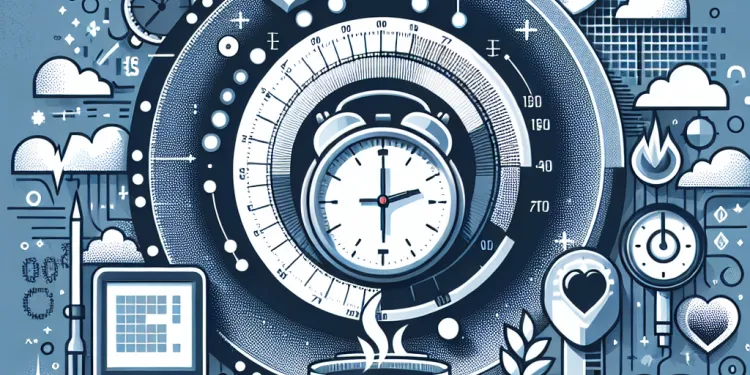
Is there a specific time of day when coffee has the most impact on blood pressure?
Relevance: 53%
What is High Blood Pressure?
High blood pressure, also known as hypertension, is a condition in which the force of blood against the walls of the arteries is consistently too high. It is a common condition that can lead to severe health problems if left untreated. High blood pressure is often called the "silent killer" because it may not present noticeable symptoms until significant damage has occurred.
Common Symptoms of High Blood Pressure
Despite its reputation as a silent condition, there are several symptoms that may indicate the presence of high blood pressure. However, it is important to note that many people with high blood pressure experience no symptoms at all, even when blood pressure readings reach dangerously high levels.
Headaches: One of the most common symptoms reported is headaches, particularly a pounding feeling in the head. These headaches may occur more frequently in the morning.
Dizziness or Lightheadedness: Some people with high blood pressure may experience frequent episodes of dizziness or feeling lightheaded.
Blurred Vision: Vision problems or sudden changes in vision can sometimes be a symptom of high blood pressure, indicating damage to the blood vessels in the eyes.
Nosebleeds: Frequent or unexplained nosebleeds can be a sign of high blood pressure, though they are more common when blood pressure levels are extremely high.
Shortness of Breath: Difficulty breathing or shortness of breath can be an indication that high blood pressure is affecting the heart or lungs.
Chest Pain: Some individuals may experience chest pain, which could be a warning sign of a more serious condition like heart disease.
When to Seek Medical Advice
If you experience any of these symptoms, it is crucial to seek medical advice promptly. Additionally, regular blood pressure checks are vital, especially if you have risk factors for hypertension, such as a family history of the condition, obesity, a sedentary lifestyle, a high-salt diet, or excessive alcohol consumption.
Even if you feel well, regular screenings can help detect high blood pressure early, allowing you to manage the condition effectively and reduce the risk of complications. If diagnosed with high blood pressure, it's essential to follow your GP's advice on lifestyle changes and any prescribed medications.
Conclusion
While high blood pressure can be symptomless for many, understanding and recognising potential symptoms can prompt timely medical evaluation and management. Regular health checks and being mindful of changes in your health can play a significant role in maintaining a healthy blood pressure level. If you have concerns about your blood pressure, consult a healthcare professional to ensure you receive appropriate care and guidance.
What is High Blood Pressure?
High blood pressure is when the blood pushes too hard against the walls of the arteries. It can cause serious health problems if not treated. It's often called the "silent killer" because many people don't know they have it until it causes big problems.
Common Signs of High Blood Pressure
Even though it is called a silent condition, there are some signs to watch out for. Many people with high blood pressure don't feel any different, even when it goes very high.
Headaches: You might have a headache that feels like pounding in your head. This can happen a lot in the morning.
Feeling Dizzy: You might feel dizzy or like you're going to faint often.
Blurry Vision: Sometimes, your sight might get blurry because of high blood pressure, which can hurt your eyes.
Nosebleeds: Getting nosebleeds often, especially when your blood pressure is very high, can be a sign.
Shortness of Breath: Breathing might be hard, or you might feel out of breath. This can show that high blood pressure is affecting your heart or lungs.
Chest Pain: Some people might feel pain in their chest. This can mean something more serious, like heart disease.
When to Get Medical Help
If you notice these signs, it's important to see a doctor quickly. Getting your blood pressure checked often is important, especially if your family has it, or if you're overweight, don't exercise, eat a lot of salty food, or drink a lot of alcohol.
Even if you feel okay, regular check-ups can find high blood pressure early. This helps you manage it and avoid problems. If you have high blood pressure, follow your doctor's advice on healthy changes and any medicines they give you.
Conclusion
High blood pressure might not show any signs for some people. But knowing the signs can help you get checked by a doctor and manage it better. Regular health checks and noticing changes in your body are important to keep your blood pressure healthy. If you're worried about your blood pressure, talk to a healthcare professional to get the right help and advice.
Frequently Asked Questions
Useful Links
This website offers general information and is not a substitute for professional advice.
Always seek guidance from qualified professionals.
If you have any medical concerns or need urgent help, contact a healthcare professional or emergency services immediately.
- Ergsy carfully checks the information in the videos we provide here.
- Videos shown by Youtube after a video has completed, have NOT been reviewed by ERGSY.
- To view, click the arrow in centre of video.
- Most of the videos you find here will have subtitles and/or closed captions available.
- You may need to turn these on, and choose your preferred language.
- Go to the video you'd like to watch.
- If closed captions (CC) are available, settings will be visible on the bottom right of the video player.
- To turn on Captions, click settings .
- To turn off Captions, click settings again.
More Items From Ergsy search
-

What is high blood pressure?
Relevance: 100%
-

How is high blood pressure diagnosed?
Relevance: 92%
-

What causes high blood pressure?
Relevance: 91%
-

Should I test my child for high blood pressure?
Relevance: 91%
-

Can high blood pressure be prevented?
Relevance: 90%
-

What are the risks of having high blood pressure?
Relevance: 88%
-

What are the symptoms of high blood pressure?
Relevance: 88%
-

Why is high blood pressure called a 'silent killer'?
Relevance: 88%
-

How can high blood pressure be treated?
Relevance: 87%
-

Can stress cause high blood pressure?
Relevance: 87%
-

How do medications help control high blood pressure?
Relevance: 82%
-

What are the symptoms of caffeine-induced high blood pressure?
Relevance: 82%
-

Can high blood pressure lead to other health problems?
Relevance: 81%
-

Blood pressure too high? Living with hypertension animation
Relevance: 80%
-

Can weight loss help reduce high blood pressure?
Relevance: 80%
-

Should people with high blood pressure avoid coffee entirely?
Relevance: 79%
-

Is Your Morning Coffee a Risk Factor for High Blood Pressure?
Relevance: 79%
-

What is the ideal salt intake for someone with high blood pressure?
Relevance: 78%
-

How much caffeine is generally considered safe for people with high blood pressure?
Relevance: 76%
-

Is high blood pressure hereditary?
Relevance: 74%
-

Seven Reaasons For Measuring blood pressure
Relevance: 72%
-

Does drinking coffee every morning increase the risk of developing high blood pressure?
Relevance: 70%
-

Does caffeine affect blood pressure?
Relevance: 67%
-

How often should I check my blood pressure?
Relevance: 65%
-

Is it safe to take blood pressure medication with coffee?
Relevance: 65%
-

How does diet affect blood pressure?
Relevance: 65%
-

How does salt impact blood pressure?
Relevance: 64%
-

What is the role of potassium in managing blood pressure?
Relevance: 64%
-

How to take someone's blood pressure
Relevance: 63%
-

How does caffeine affect blood pressure?
Relevance: 62%
-

Can decaffeinated coffee affect blood pressure?
Relevance: 61%
-

What lifestyle changes can lower blood pressure?
Relevance: 60%
-

What is the link between coffee consumption and high blood pressure?
Relevance: 59%
-

Is green tea a better alternative to coffee for blood pressure management?
Relevance: 59%
-

How can one minimize the impact of coffee on blood pressure?
Relevance: 58%
-

How does regular caffeine consumption impact tolerance and blood pressure?
Relevance: 57%
-

Are there any other factors in coffee that may affect blood pressure?
Relevance: 56%
-

What is high blood pressure in children?
Relevance: 54%
-

How soon after drinking coffee can blood pressure be affected?
Relevance: 54%
-

Is there a specific time of day when coffee has the most impact on blood pressure?
Relevance: 53%


